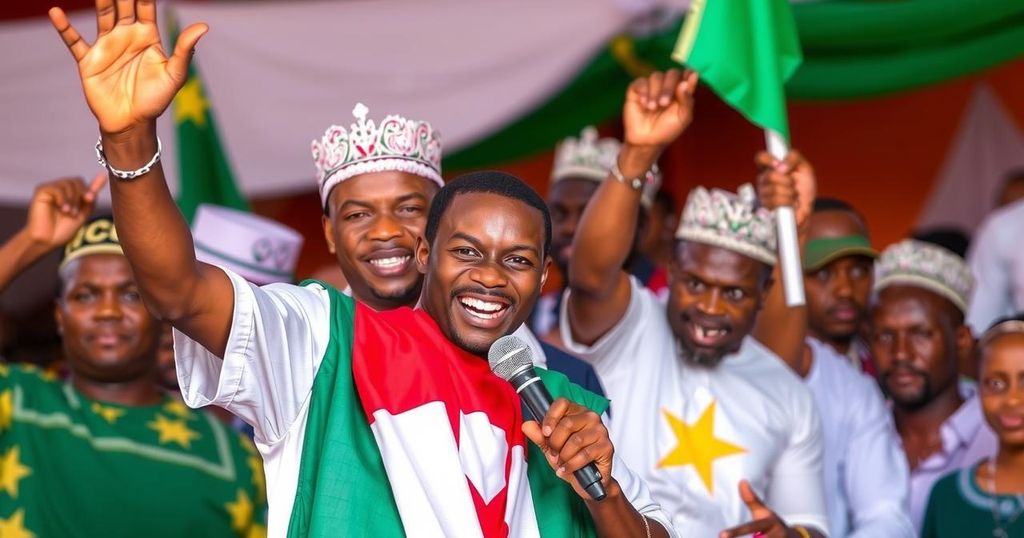World news
AFRICA, AHMED BARTCHIRET, AP, BOKO HARAM, CHAD, CONSTITUTIONAL REFORMS, DEBY, DEMOCRACY, DJAMENA, ELECTIONS, ELECTORAL COMMISSION, EUROPE, FRANCE, GOVERNANCE, GOVERNMENT, LAKE CHAD, MAHA, MAHAMAT IDRISS DEBY, OPPOSITION, PATRIOTIC SALVATION MOVEMENT, SUCCES MASRA, TRANSFORMERS
Jamal Robinson
0 Comments
Chad’s Ruling Party Secures Parliamentary Majority Amid Opposition Boycott
Chad’s ruling Patriotic Salvation Movement party won 124 of 188 parliamentary seats in an election boycotted by the main opposition, with a 51.5% voter turnout. This election, the first in over ten years, follows the military takeover by Mahamat Idriss Deby and is seen as fundamental for Chad’s political transition. Opposition parties denounced the election as illegitimate, heightening concerns about the democratic process in the country.
Chad’s ruling Patriotic Salvation Movement party secured a predominant position in the recent parliamentary elections, acquiring 124 of the 188 available seats. Notably, these elections, which also included regional and municipal voting, faced a significant boycott from more than ten opposition parties. The electoral turnout stood at 51.5%, as disclosed by Ahmed Bartchiret, the electoral commission chief. This election marks Chad’s first parliamentary vote in over a decade, signaling a critical juncture in the nation’s political landscape post-military takeover by Mahamat Idriss Deby in 2021, following the demise of his father, longstanding leader Idriss Deby Itno.
The parliamentary elections held in Chad occur against a backdrop of a military transition to democracy initiated under President Mahamat Idriss Deby, who assumed leadership in 2021. His ascension followed the death of his father, who held power for thirty years. The ruling party’s victory in this election, the first of its kind in years, was regarded as a mechanism to reinforce Deby’s political dominion amidst pressing internal and external challenges, including security threats and diplomatic strains, particularly with France, a principal ally.
In summary, the ruling party’s electoral victory amidst a significant opposition boycott illustrates the complex political dynamics in Chad. With the elections being viewed as crucial for the transition to democracy, the overwhelming win by the Patriotic Salvation Movement raises critical questions regarding the legitimacy of the electoral process and the country’s political future. Deby’s remarks on decentralization indicate an intention to transform governance amidst ongoing security and diplomatic challenges.
Original Source: abcnews.go.com




Post Comment